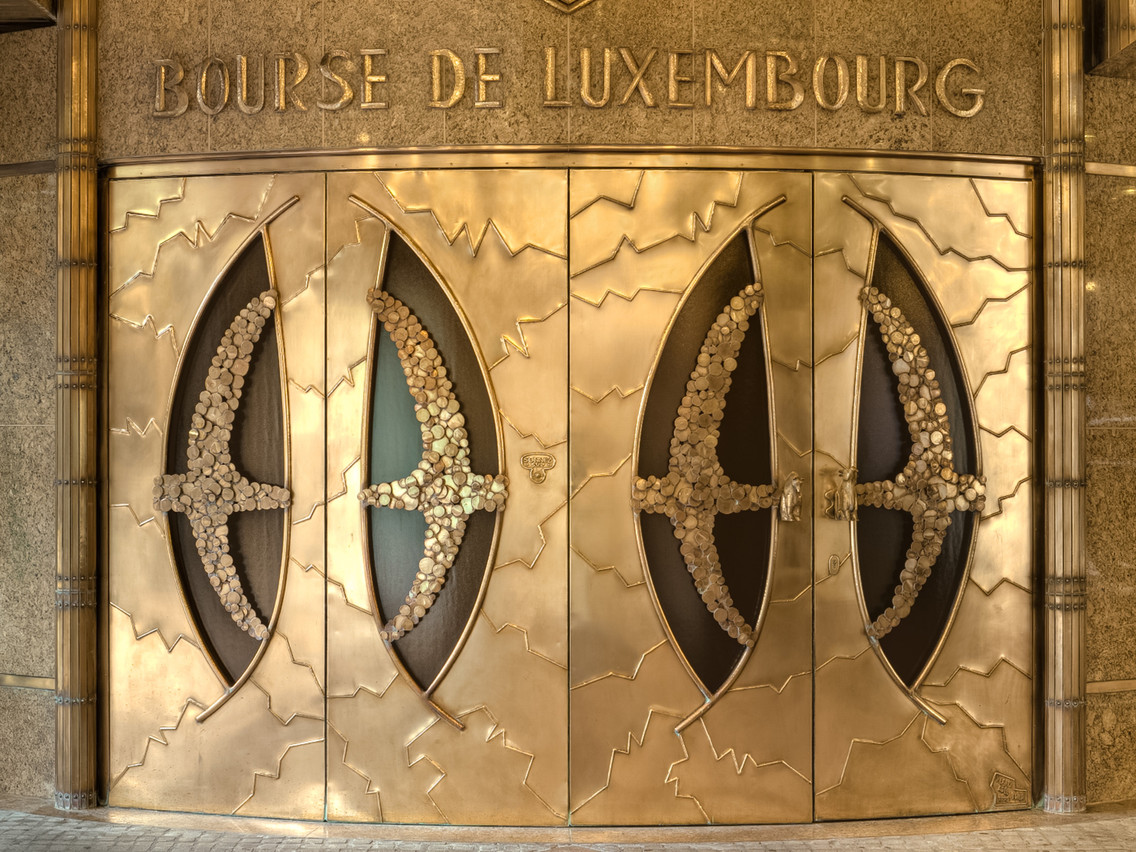Let us look at the context of the time.
In 1929, the economy was still suffering from the effects of the First World War, the international monetary system was dead, the major warring nations were financing their reconstruction by raising taxes, while smaller countries were suffering from the drying up of international trade. The response of the latter: offshoring! Luxembourg was not alone in doing this. The grand duchy was only following in the footsteps of Switzerland, Monaco, Liechtenstein and Panama.
The adoption of the law on holding companies on 17 July 1929, which only contained two articles, gave rise to two days of intense debate.
In the name of realism
Holding companies, or parent companies, were not allowed to have any commercial or industrial activity in the country. Their purpose was to allow large French, Belgian, German, even British or American companies to pool their capital in Luxembourg and exempt it from tax. Indeed, the “H29” were only subject to a registration fee, a stamp duty and a subscription fee.
For the government of the day, the stakes were twofold: to attract new tax revenues and to attract capital to Luxembourg to feed its steel industry. For the opposition, attracting foreign capital through legal tricks, engaging in a tax dumping war and risking a loss of sovereignty for the benefit of powerful financial interests were all elements that were raised during the debate.
The minister of finance, Pierre Dupong, had a simple argument to counter them: “We are currently certain that a number of holding companies will soon set up in our country, if the bill is passed. If the bill were not passed, which I do not accept for a moment, these companies would move away from our borders to establish themselves in countries where they are given greater advantages. What will we have gained? Absolutely nothing…” The Workers’ Party found nothing to object to in the argument. It condemned the principle of the law, but accepted its adoption in the name of realism.
The Luxembourg Stock Exchange itself was conceived at the time on this model. Its creation had a dual purpose: to promote Luxembourg securities, of course, but above all to attract the listing of foreign securities. To achieve this, stock market transactions were tax-free.
Late dividends
This offshoring policy did not bear fruit immediately. The crash of 1929--which occurred three months after the law was passed--followed by the Great Depression of 1930, and then the rise of the perils in Europe leading to the Second World War limited the possibilities for the circulation of capital. It was not until the end of the war and the economic boom that followed that the strict regulation of banking activities set up by the major industrial states was constantly attempted to be circumvented by the large multinationals.
Of course, the number of H29s increased: 40 at the end of 1929, 345 in 1932 and almost 1,000 in 1939.
The golden age of the H29 and the stock market began with the birth of the Eurodollar, the first transnational savings market of sorts, at the end of the 1960s, and favoured the rise of private banking in the mid-1980s.
It was not until 2010 and the action of the European Commission that the last H29 disappeared, a victim of a change of paradigm--incipient if not incipient: the end of the every man for himself approach to inter-state tax relations and the recognition that the revenues generated by tax optimisation did not benefit the population. The consensus that had built up following the vote on the holding company law began to crack, carried away by the shock of the Luxleaks and Panama Papers. But in the tax evasion industry that developed in the 1990s based on the triumph of neoliberalism, the birth of the single European market and the absence of tax harmonisation, it had become obsolete, a relic of the past.
The Luxembourg Stock Exchange had long before reoriented itself towards the listing of bonds and investment funds and was beginning its shift towards becoming the marketplace for sustainable development.
That was a completely different image for the country.
Originally published in French by and translated for Delano
